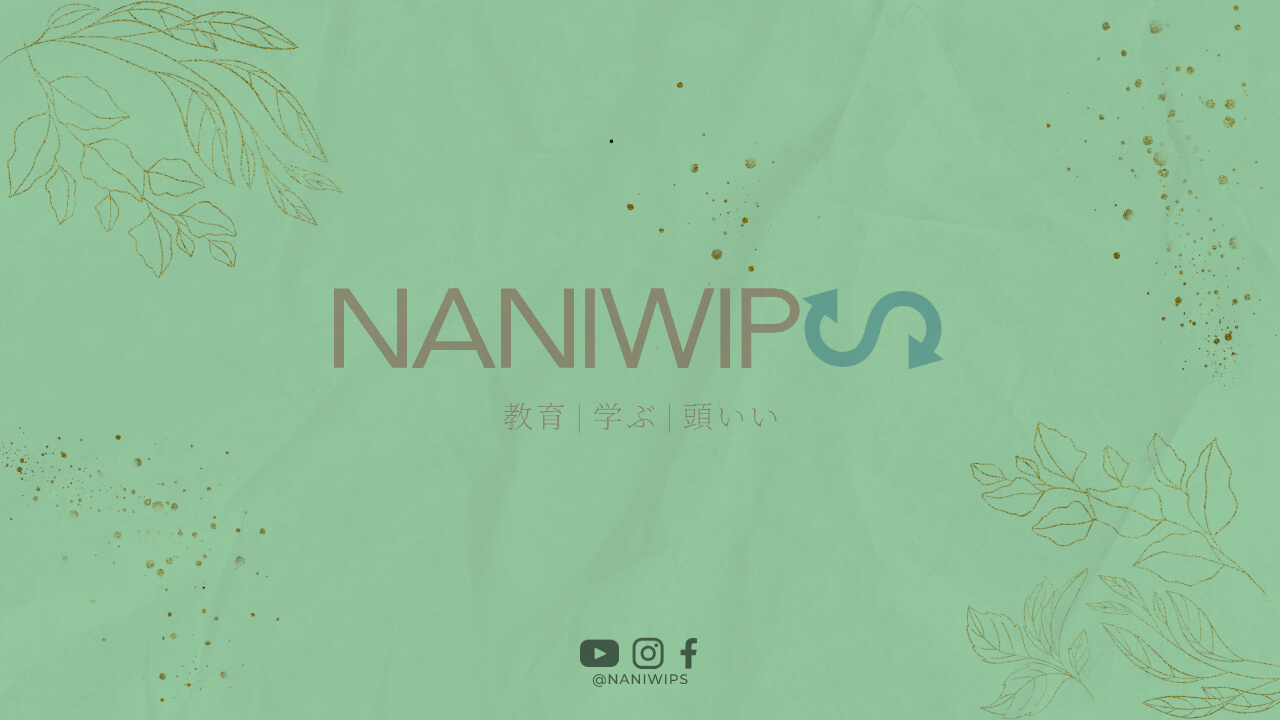Have you ever had a feeling in your gut that something wasn’t quite right? Maybe it was a sense of unease before a big decision, or a sudden urge to take a different route home than usual. This sensation is often described as having “お腹に心臓があるみたいに” – as if your stomach has a heart of its own.
The Science of Intuition
Despite its poetic phrasing, the sensation of intuition is actually rooted in science. Our body is constantly sending signals to our brain, even when we aren’t consciously aware of it. These signals can include changes in heart rate, blood pressure, and even the activity of our digestive system.
When we experience a sudden surge of emotion or a feeling of “knowing” something without clear evidence, it’s often because our subconscious has picked up on these signals and processed them faster than our conscious mind can keep up.
Studies have shown that intuition can be a valuable tool in decision-making, particularly in situations where we have limited information or time to weigh our options. However, it’s important to note that intuition should always be considered alongside rational analysis and critical thinking.
The Cultural Significance of “お腹に心臓があるみたいに”
The phrase “お腹に心臓があるみたいに” is a common expression in Japanese culture, and reflects a broader belief in the connection between the mind and body. Traditional Japanese medicine emphasizes the importance of balance and harmony within the body, and recognizes the role that emotions and intuition can play in maintaining this equilibrium.
Similarly, many Japanese martial arts emphasize the cultivation of “kokoro” – a term that encompasses both the heart and the mind – in order to achieve mastery and control over one’s body and surroundings. This emphasis on intuition and awareness is also reflected in Japanese tea ceremony, flower arrangement, and other cultural practices.
The Power of Listening to Your Intuition
While intuition can be a powerful tool, it’s not always easy to tune into these subtle signals. Modern life can be busy, noisy, and distracting, and it’s all too easy to ignore or dismiss our gut feelings in favor of more tangible evidence or social pressure.
However, learning to listen to your intuition can be a valuable skill in both personal and professional contexts. By paying attention to your body’s signals and trusting your instincts, you may be able to make better decisions, avoid potential pitfalls, and even tap into hidden sources of creativity and insight.
Cultivating Intuition Through Mindfulness
One way to develop your intuition is through mindfulness practices such as meditation or yoga. By quieting your mind and focusing on the present moment, you may be better able to tune into your body’s signals and notice subtle changes in your environment.
Another way to cultivate intuition is through exposure to diverse experiences and perspectives. By stepping outside of your comfort zone and exploring new ideas, cultures, and activities, you may be able to expand your awareness and tap into new sources of inspiration and insight.
Conclusion
Whether you call it “お腹に心臓があるみたいに” or simply “gut instinct,” the power of intuition is a real and valuable tool. By learning to listen to our bodies and trust our instincts, we may be able to navigate life’s challenges more effectively, make better decisions, and tap into hidden sources of creativity and insight.



